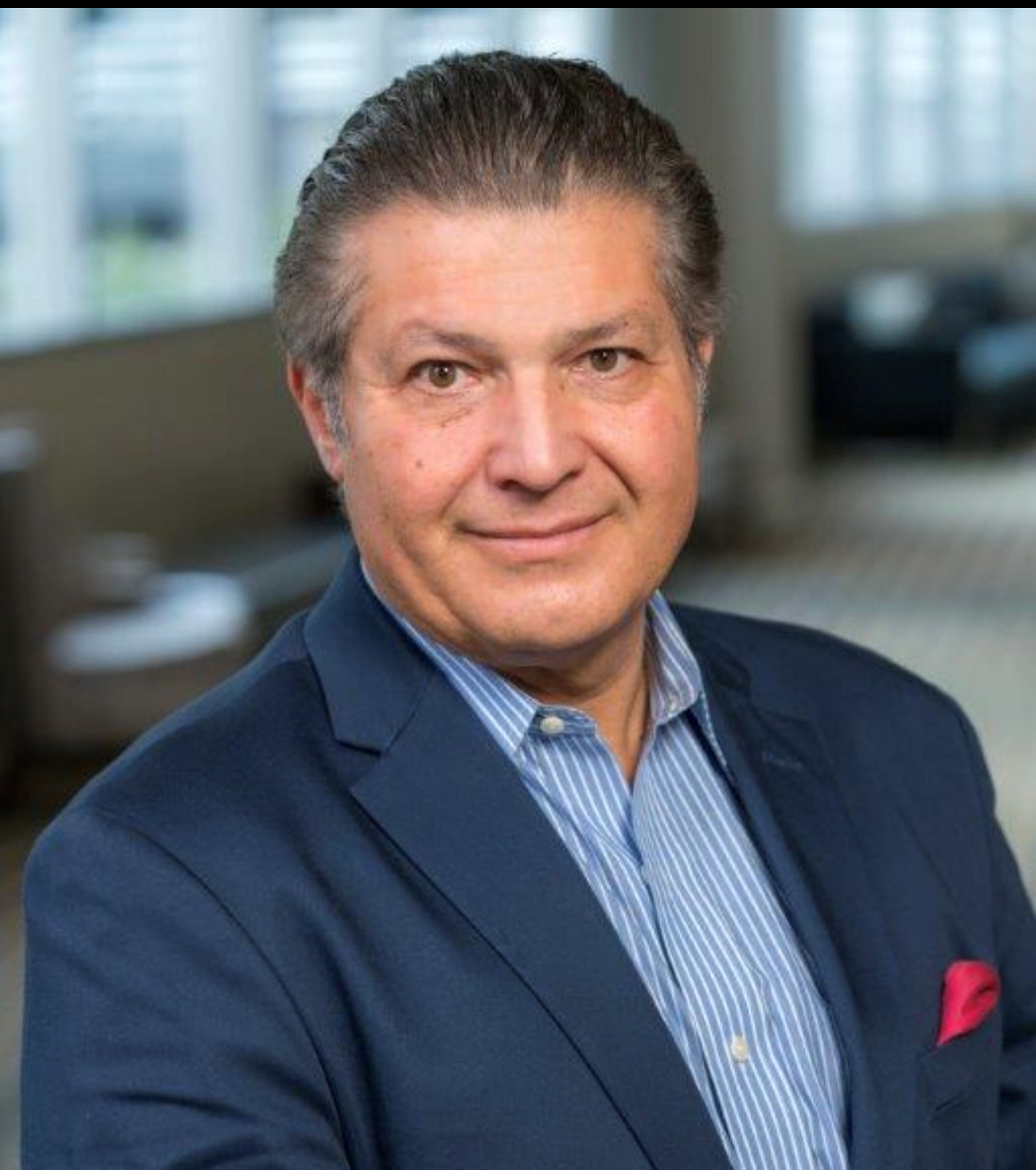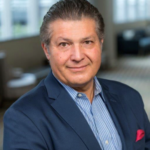
Culturally and Linguistically Appropriate Practices for Reducing Bias
Information
Date & Time
-
-
Learning Objectives
Participants will be able to:
-
Identify three reasons why cultural and linguistic responsiveness (CLR) is important in physical and behavioral healthcare.
-
Recognize two workforce issues related to CLR.
-
Explain implicit bias.
-
Identify two barriers to CLR and strategize solutions to those barriers.
Educational Goal
The educational goal of this workshop is to increase understanding of culturally and linguistically appropriate ways to provide care.
Description
Cultural and linguistic responsiveness (CLR) has gained attention as a potential strategy to reduce health disparities and achieve health equity in health care. This workshop will help promote an understanding of the culturally and linguistically appropriate ways to deliver services by examining the individual cultural factors that can affect health and health care, such as language, communication styles, beliefs, attitudes, and behaviors, in order to reduce bias.
Target Audience
- Counselor
- Marriage & Family Therapist
- Medical Doctor
- Psychologist
- Registered Nurse
- Social Worker
- Substance Use Disorder Professionals
Presenters

With over 30 years of experience in culturally and linguistically responsive behavioral health treatment and prevention, Dr. Pierluigi Mancini is one of the most sought-after national and international consultants and speakers about mental health and addiction. His areas of expertise are cultural and linguistic responsiveness, immigrant behavioral health, social and racial justice, health equity, and health disparities. His new book “…And Healthcare for All” ‘How to become a high-performing, equity-centric organization: A Practical Guide for Health Care Leaders’ has just been published and heralded as a timely and important book.
Dr. Mancini founded Georgia’s only Latino behavioral health program in 1999 to serve the immigrant population by providing culturally and linguistically appropriate mental health and addiction treatment and prevention services in English, Spanish, and Portuguese. A frequent guest of local, national, and international media, Dr. Mancini has been featured in U.S. News and World Report, The Atlanta Journal-Constitution, Fox TV Channel 5 Atlanta, CNN en Español, Telemundo and Univision. Additionally, Dr. Mancini has been a favorite and frequent guest of Spanish-language radio stations. As a national consultant, Dr. Mancini has provided expert content on immigrant behavioral health and cultural and linguistic competency to local, state, and federal clients. As an international consultant, Dr. Mancini has provided guidance, mentorship, and internships to psychology students from the Universidad Anáhuac Mayab in Mérida, Mexico, has consulted in underage drinking prevention programs in Italy and consulted in Cuba, Mexico, Kosovo, Kuwait, Colombia, and Argentina. He also led a project to train clinicians in Latin America who care for the over 4 million displaced Venezuelans arriving in Colombia, Perú, Ecuador, Brazil, Panamá, and other countries.
Dr. Mancini’s public service announcement and documentaries addressing Latino underage drinking, suicide, and prescription drugs have won six (6) EMMY ® awards. Dr. Mancini has been honored with the 2023 Advocate of the Year Award, the National Latinx Psychological Association Star Vega Distinguished Service Award; the UnidosUS (NCLR) – Helen Rodríguez- Trías Award for Health; and the Mental Health America “Heroes in the Fight” Award and was named one of the 50 Most Influential Latinos in Georgia. Dr. Mancini is the Chair-Elect for the Mental Health America National Board of Directors and is the Past Chair of the Georgia Behavioral Health Planning and Advisory Council. He also serves on the Board of Directors for R.I. International and the Advisory Council for The Center for Victims of Torture.
Financially Sponsored By
- Aetna Better Health of Louisiana